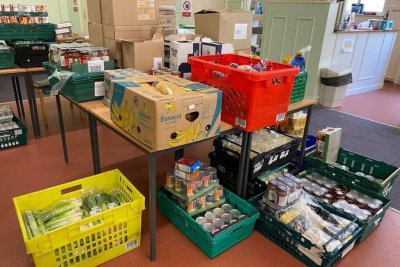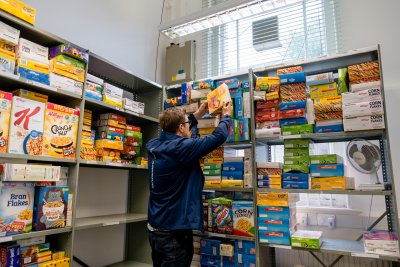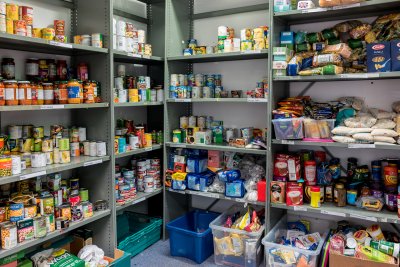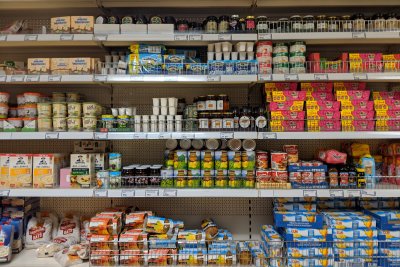Sustain commits to paying at least the Living Wage
Sustain has joined the growing number of commercial, government and charitable organisations tackling the low-wage culture that contributes to in-work poverty and household food insecurity.
The food and farming group has committed to paying at least the London Living Wage, and gain accreditation for doing so from the Living Wage Foundation, to ensure that all employees and freelancers are able to afford a decent standard of living.
“One of the reasons many families have to cut back on buying healthy food is because household food is the one flexible budget when other non-negotiable bills such as electricity and rent go up,” said Hannah Laurison, food poverty officer for Sustain. “When a financial crisis occurs, such as an unexpected bill or a benefits sanction, many people are forced to turn to charitable food banks, which is frankly a disgraceful situation in modern Britain. We can all do more to prevent this happening.”
Sustain is the UK’s alliance for better food and farming and works with cities and communities all over the UK to promote food policies and practices that help more people to enjoy the benefits of fresh, healthy and affordable food.
“As a London-based organisation, we are especially aware of the high costs of living and the food problems that occur when people do not have enough money,” said Sustain’s London Food Link project officer, Sofia Parente. “We are delighted that one third of London boroughs are now Living Wage accredited, but unfortunately two-thirds still are not, meaning that many low-paid Londoners may be falling into the food poverty trap. We also urge the capital’s biggest employers to sign up to the London Living Wage, including those in the food and drink sector – which in its own right accounts for 1 in 10 jobs in the capital.”
Sustain is campaigning for a national ‘food safety net’ to ensure that people do not fall into food poverty, where their diets and health are likely to suffer. Actions to prevent food poverty include promotion of Healthy Start Vouchers for new parents on a low income; meals on wheels for vulnerable older people; extended entitlement for free school meals; provision of food to tackle school holiday hunger; widespread adoption of the Living Wage, as set by the Living Wage Foundation; and a national measure for identifying people experiencing food poverty, or at risk of falling into food poverty.
Notes to editors
- National statistics from the Trussell Trust food bank provider show that nearly a quarter of food bank users across the UK are employed in low-wage jobs.
- As many as 1 in 5 Londoners is employed in a job that pays less than the London Living Wage, currently set at £9.40 an hour. The national Living Wage outside London is currently £8.25 per hour.
- Topping-up low-wage incomes with in-work benefits, such as working tax credits, costs UK taypayers an estimated £11 billion per year.
- The official Living Wage as calculated by the Living Wage Foundation is higher than the new minimum wage (sometimes referred to as the government’s mandatory living wage). The Living Wage Foundation bases its calculation on the cost of living, whereas the new government minimum wage will be calculated in relation to median earnings.
- Sustain is a tenant of the Ethical Property Company, also an accredited Living Wage employer, meaning that office cleaning and service staff also receive a decent income.
Published Tuesday 15 March 2016
Food Poverty: Millions of people in the UK struggle to get enough to eat. We’re working to change that through people-powered projects and campaigns that tackle the root causes of food poverty and ensure everyone has dignified access to healthy, affordable food.




